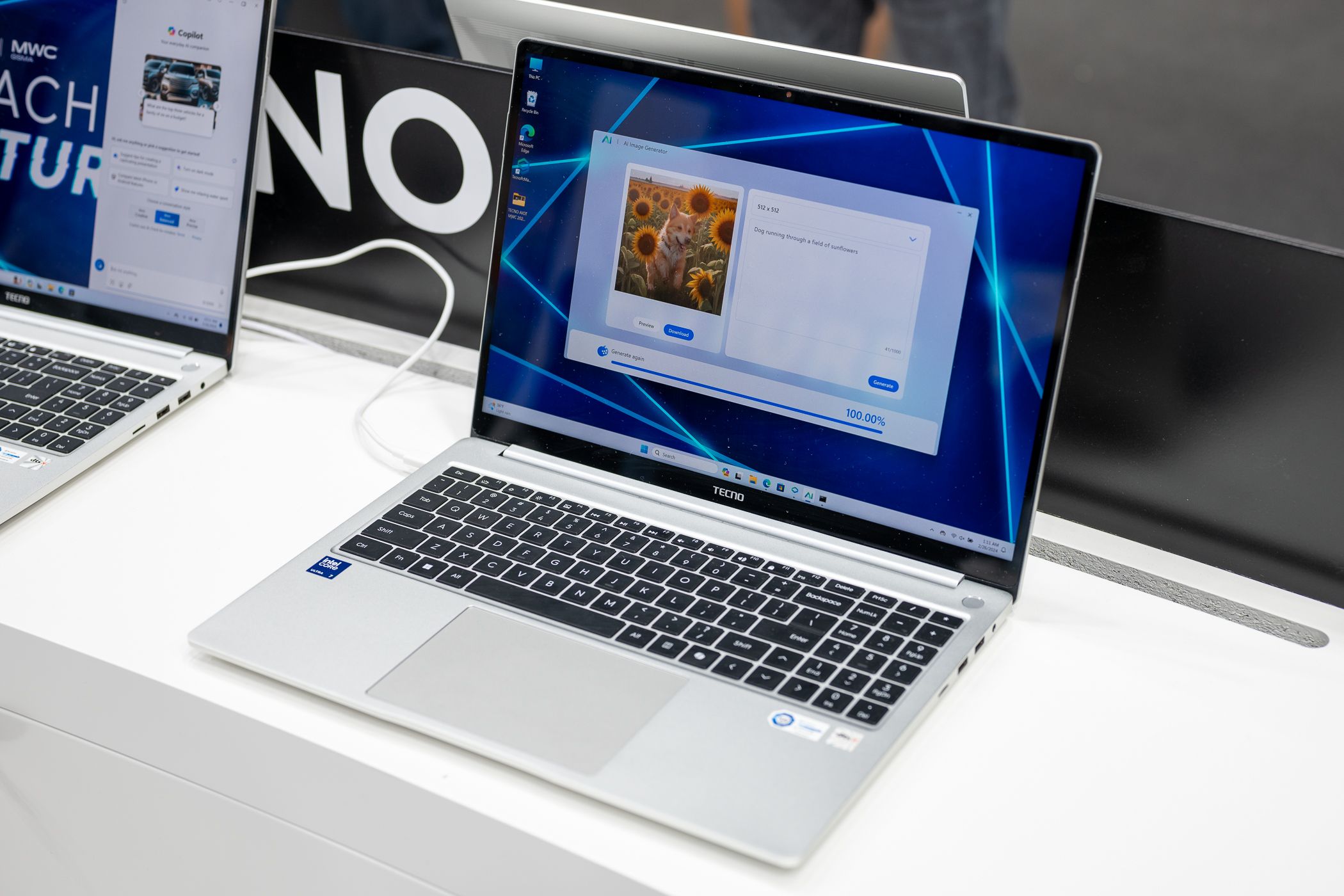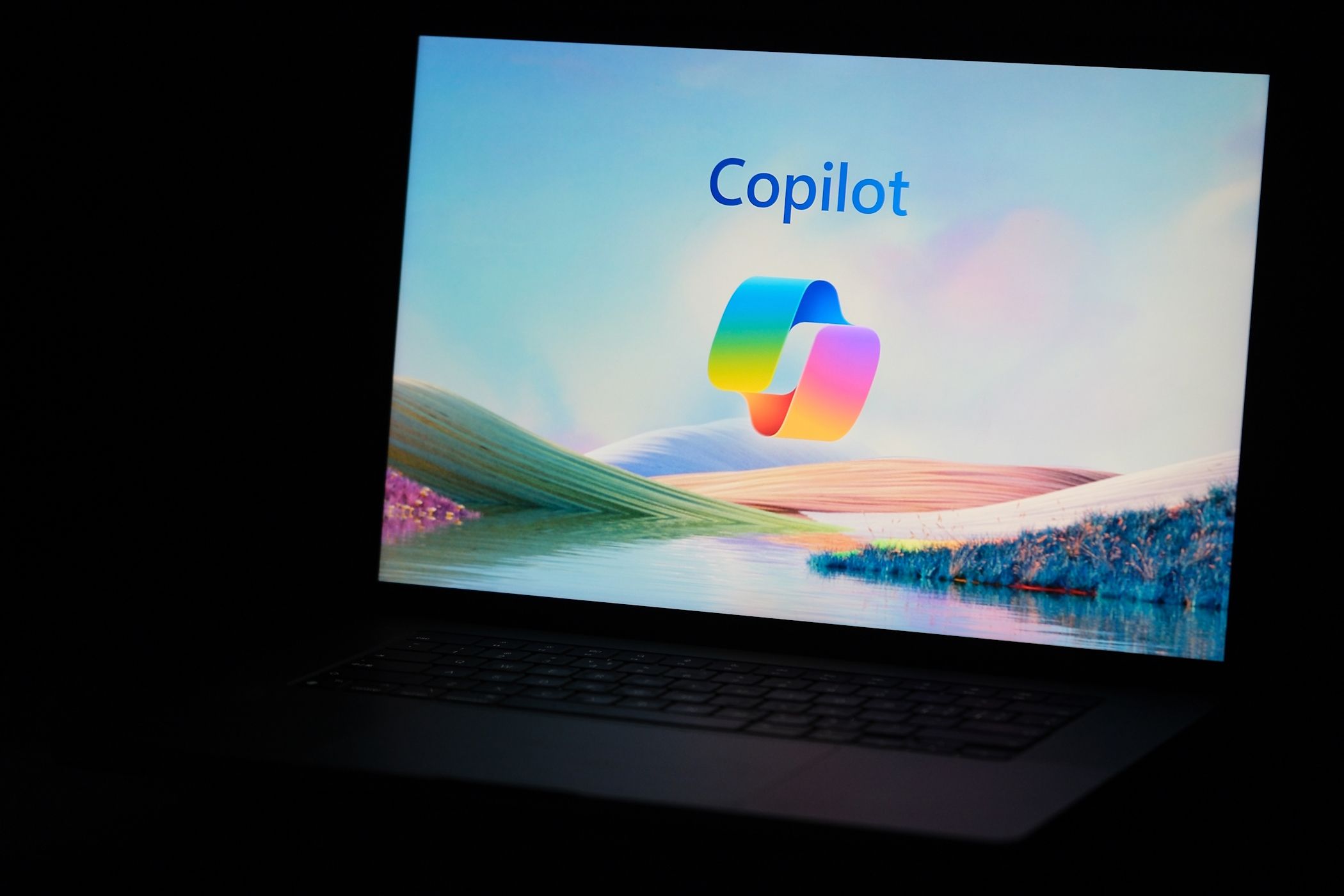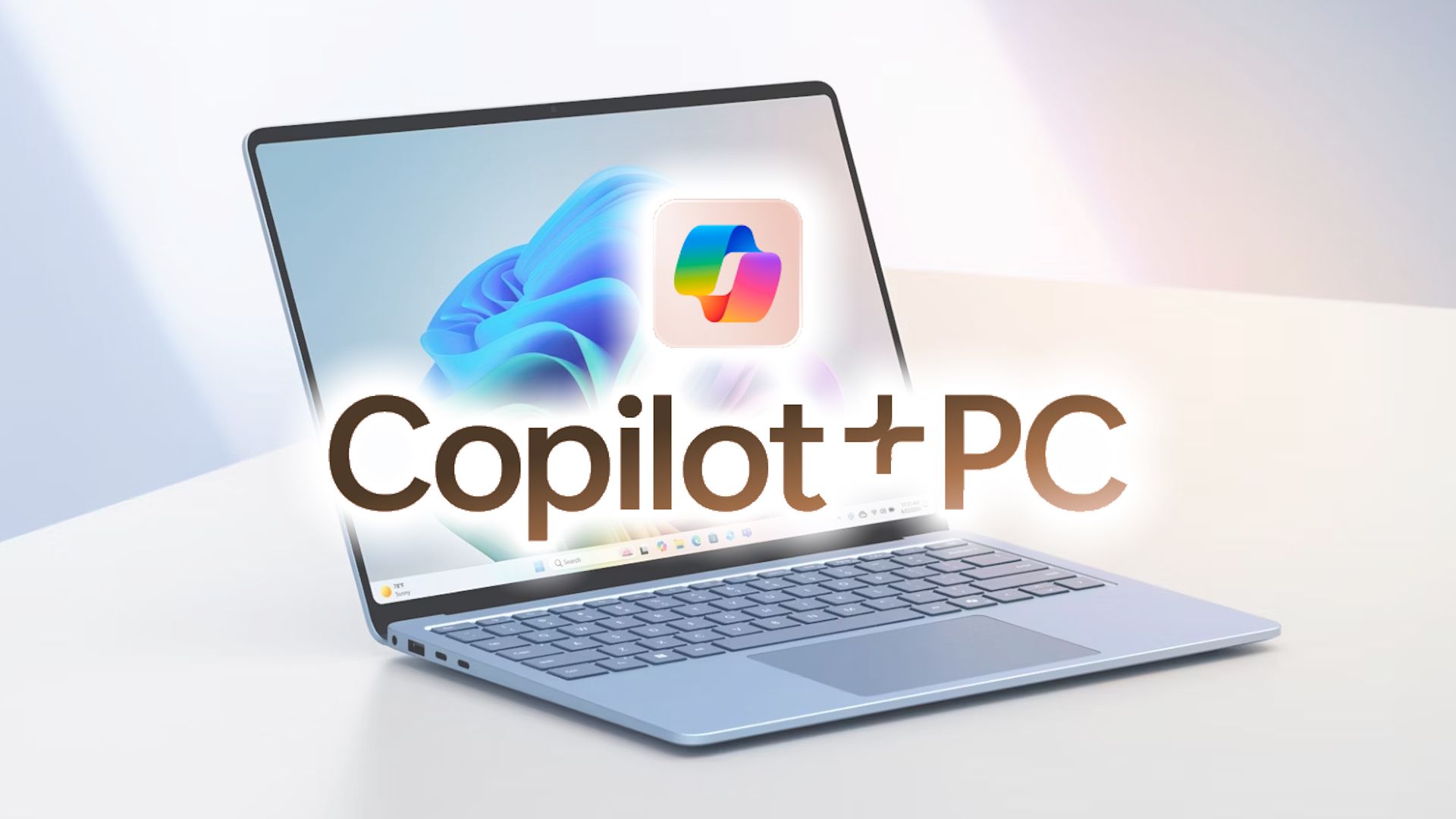AI PCs may be the future, but for now, I just don’t care. Despite all the marketing hype, they don’t seem to offer much to everyday users like me. At least, not yet.
4
AI PCs Are Expensive
As of this writing, one of the biggest turnoffs about AI PCs is the price tag. These machines cost significantly more than traditional laptops or desktops, largely due to the inclusion of a dedicated neural processing unit (NPU) (or what Apple calls Neural Engine) to handle AI tasks locally and offer other up-to-date features like the latest chips on the block.
It might seem like a personal concern, but companies are well aware of this.

Related
What are AI PCs, and What Makes Them Different?
We know AI PCs are the future. But what exactly makes them different?
As per XDA Developers, Intel’s Michelle Johnston Holthaus acknowledged that customers are not buying the latest and more expensive Lunar Lake and Meteor Lake-powered devices in droves. Instead, consumer demand is for older and less expensive models running previous-generation chips such as Raptor Lake.
Holthaus said, “What we’re really seeing is much greater demand from our customers for n-1 and n-2 products so that they can continue to deliver system price points that consumers are really demanding . . . Meteor Lake and Lunar Lake are great, but come with a much higher cost structure.”
3
Limited Real-World Use Cases
Despite the marketing buzz, AI PCs still lack compelling real-world applications. I haven’t seen anything that can be done exclusively on an AI PC that warrants paying a premium for them.
Sure, they promise features like automatic photo enhancements, live captions, text summary, or background blurring in video calls, to name a few—but these aren’t exactly groundbreaking or exclusive to AI PCs.

Related
The Future of Windows 11 Is AI, Whether You Like It or Not
AI is here to stay, and Microsoft has definitely jumped on the bandwagon.
If you look at the market, you’ll realize that most of the supposed benefits of AI-branded PCs are nothing more than minor enhancements to what traditional PCs do. That gap shrinks even further when you install any available AI apps on older hardware.
Until AI PCs offer features that genuinely change how we interact with our devices on a day-to-day basis, I’m not buying in.
2
AI Tasks Are Still Better in the Cloud
The introduction of an NPU or an increased number of operations per second that the NPU can handle on AI PCs is a great marketing tool on paper. But what companies won’t tell you is that these devices aren’t powerful enough to do any serious processing locally.
Yes, companies purport that the new chip will enable AI tasks to run on-device for security, and, sure, some do. But they’re few and far between. Most of these tasks are better suited for running on powerful cloud hardware.
Whether it’s image generation, content summarization, rewriting, voice transcription, or image and video editing, cloud-based AI tools like ChatGPT and Gemini are more powerful and accurate. They can perform tasks that current NPUs can’t handle on-device.
Companies are aware of this, and it’s evident why many AI features on AI PCs continue to run in the cloud. For example, the primary marketing of Microsoft’s Copilot+ PCs is that you can run AI tasks locally. Yet, it’s ironic that clicking the Copilot key simply launches the Copilot app, which utilizes OpenAI models that run in the cloud.
In April 2025, Microsoft announced plans to bring more Copilot+ AI features to additional Windows 11 devices. But here’s the catch—they all require an internet connection, meaning they still run in the cloud. This is a common theme in the industry at present.
I don’t see the point in getting an AI PC for now, as I can access the best AI chatbots on my current hardware, including my old iPhone and Android phone, using dedicated apps or websites.
1
Shallow Integration of AI in AI PCs
The term “AI PC” suggests a deeply integrated, AI-enhanced experience. But as of this writing, that integration is surprisingly shallow. Most AI features feel bolted on rather than baked into the operating system or workflow. Windows Copilot, for instance, still feels more like a glorified chatbot than a true AI assistant.
Despite coming from Microsoft, its Surface laptops still don’t offer the deep integration I would expect from an AI-branded laptop. For instance, Copilot could search my Windows PC for specific files to gain enough context about what I do for more personalized experiences.
I could tell it to reclaim storage by deleting temporary and older files I don’t need, or even troubleshooting my internet issues.

Related
These Are My 4 Favorite AI Features in Windows 11
These features are so good that I use them regularly.
But guess what? It doesn’t. In short, using Copilot on the Surface Laptop is like using ChatGPT or other similar tools with a few extras.
Microsoft isn’t alone in this. It’s standard across the board, with all laptops and desktops from various manufacturers offering AI chatbots, often with limited to no system-level integration.
Additionally, this limited integration also extends beyond the operating system. Many software applications still don’t utilize the NPU, as the Just Josh YouTube channel extensively detailed.
Just Josh’s team reveals that despite the ASUS ProArt PX13 laptop launching with an integrated NPU, its AI assistant, Omni, doesn’t use it. It runs on the integrated GPU, even when an external GPU is available. Similarly, on the ASUS Zenbook S 14 and ProArt PX13, the team discovered Copilot runs in the cloud, noting that there are no CPU, GPU, or NPU load spikes when the Copilot key is pressed while running a task.
When buying my next PC, I’ll focus on the standard specs we all care about: battery life, CPU and GPU performance, memory, storage, display, ports, and more. I won’t be swayed by AI branding, because integration is still shallow, and the so-called benefits offer little, if anything, that you can’t already get from online chatbots or dedicated AI-powered software.








Leave a Comment
Your email address will not be published. Required fields are marked *